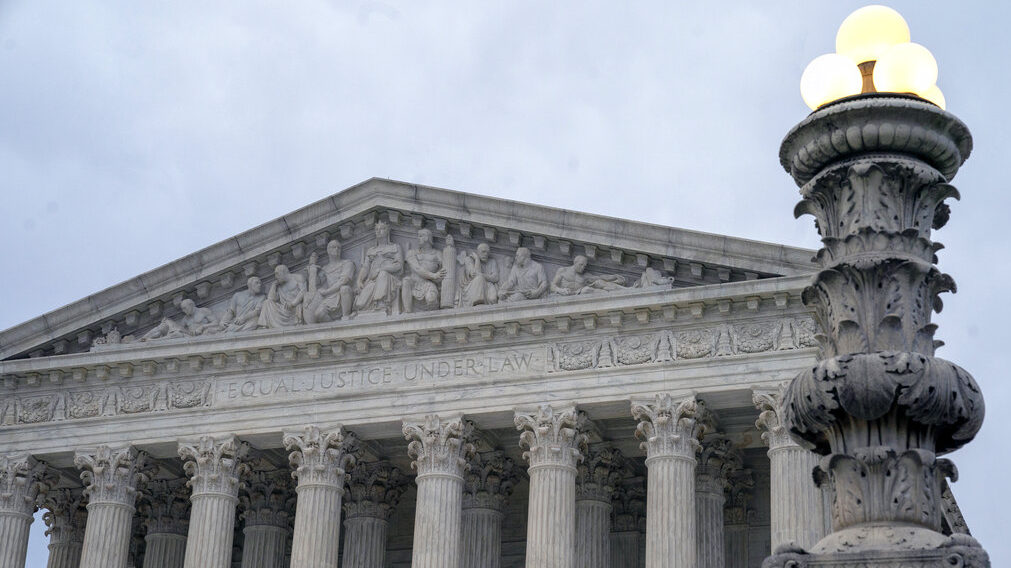Supreme Court declines to hear case of rapper whose lyrics were threatening to police
Rapper Meek Mill and other artists came to the defense of Jamal Knox.
The U.S. Supreme Court has decided not to the case of Pennsylvania rapper Jamal Knox’s to determine if his lyrics making threats against two law enforcement officers was protected by the First Amendment.

The U.S. Supreme Court has decided not to take up Pennsylvania rapper Jamal Knox’s case to determine if his lyrics making terrorist threats against two law enforcement officers was protected by the First Amendment, CNN reports.
Knox was found guilty in a nonjury trial and a state appeals court upheld the conviction, ruling that the lyrics were not protected by the First Amendment because they crossed a threshold known as the “true threat doctrine,” according to the Gainesville Sun.
In the Knox song, he says, “Let’s kill these cops cuz they don’t do us no good,” and then he names two officers, the Gainesville Sun reports.
Knox’s case caught the eye of prominent rap artists Killer Mike, Chance the Rapper, Meek Mill, Yo Gotti, Fat Joe and 21 Savage who filed a legal brief in March in support of Knox saying that the song “F*** the Police” is a “political statement … that no reasonable person familiar with rap music would have interpreted as a true threat of violence.”
At issue is the rap video on YouTube called “F**k the Police,” by Knox (rap name Mayhem Mal of the Ghetto Superstar Committee), made in 2012 that directly named two officers, Daniel Zeltner, and Michael Kosko, and included photos of the cops. The song also referenced Richard Poplawski, a man on death row for killing three Pittsburgh police officers.
—Man charged with allegedly leaving 1-year-old in the back seat of his burning vehicle—
Knox and his friend Rashee Beasley uploaded the video to a YouTube and a public Facebook page while they had pending drug and weapons charges as a result of being arrested by the two officers named in the song.
Once the video was released, they were charged with terroristic threats and intimidation.
In one of the lyrics, they rap: “Let’s kill these cops ’cause they don’t do us no good.”
While free speech is protected by the Constitution, last year the court determined that Knox’s song was “threatening” to police and “highly personalized” and therefore is not protected.
The Supreme Court won’t be addressing this issue, at least for now.
